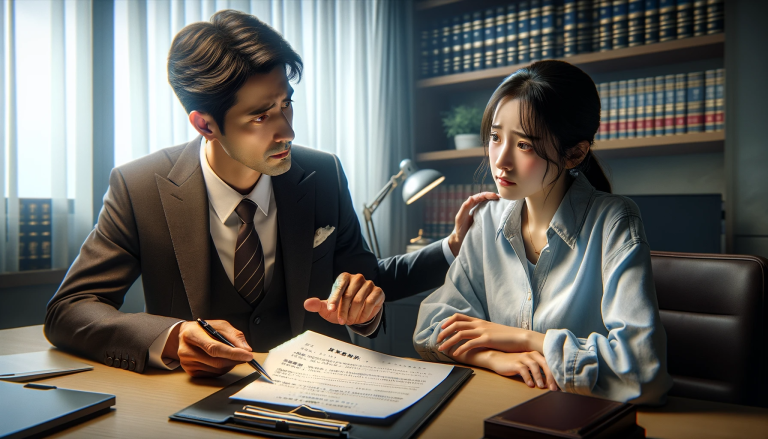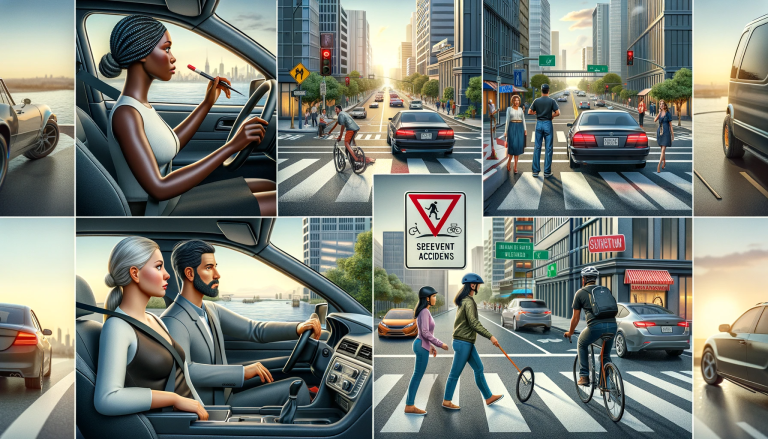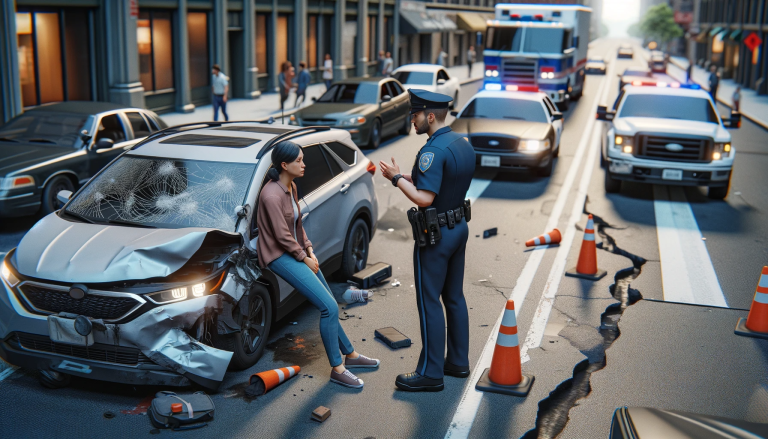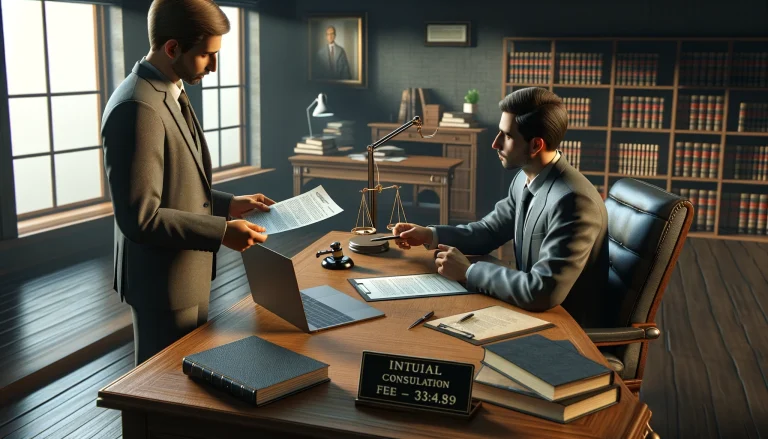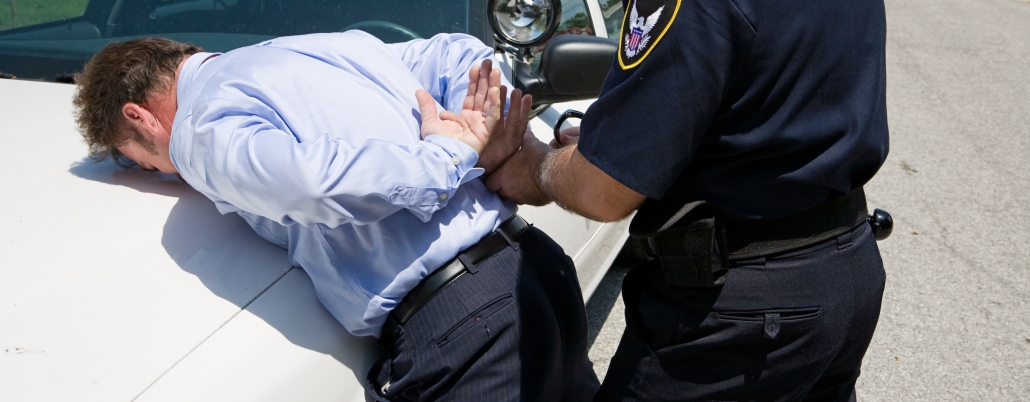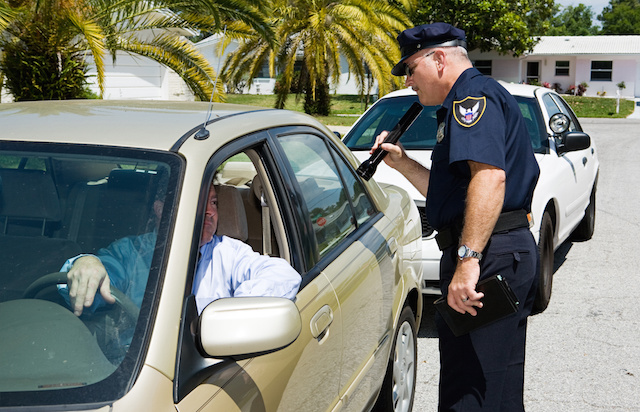Being accused of a criminal offense can be life-altering. If you end up being charged for the offense, your life could be permanently changed with the potential to face years in prison.
Fortunately, there are several effective
criminal defense strategies that have been proven time and time again. These strategies are designed to give you all the legal benefits afforded to you by the United States Justice System and ensure that you are truly "innocent until
proven guilty."
Here are just a few of the most popular criminal defense strategies:
Suppressing evidence in court:
While "suppressing evidence" sounds strange, the reality is that this is a common method of improving a defendant's prospects in the courtroom. Suppressing evidence involves the
lawful process of disqualifying specific pieces of evidence because they were acquired
unlawfully. For example, evidence that was taken in
violation of the Fourth Amendment could be inadmissible in court, so long as the criminal defense lawyer moves to suppress the evidence.
Creating a truthful story that offers the best chance of a reduced (or eliminated) sentence:
Quite often the defendant will take the stand, and then be examined and cross-examined by the defendant's lawyer and the prosecutor. Therefore, it is incredibly important that the defendant and their criminal defense lawyer work together to
ensure that every part of the story makes sense. This helps to ensure that the prosecution cannot poke holes in the testimony (thereby creating doubt in the minds of the jury). Even defendants who had absolutely nothing to with what they’ve been accused of can get nervous and say something they didn't mean to say – which is why practicing is extremely important.
Utilizing expert witnesses:
In many cases, the evidence won't necessarily point directly to the defendant; instead, it will be interpreted by the prosecutor in a way that links it to the defendant. Retaining one or more
expert witnesses is an excellent way of bringing into question the validity of those interpretations. Remember, all a criminal defense strategy needs to do is establish enough reasonable doubt that a "not guilty" verdict is reached. If you are not a U.S. citizen, for example, you are undocumented or have a visa or a green card, the consequences of a criminal conviction could be even more harmful for you. That is why it is best to work with a team that has both criminal and immigration experts who can advise you.
Retaining a criminal defense attorney who understands the intricacies of the law, and who is also willing to fight in court for you, is essential to any successful criminal defense strategy. We encourage you to contact
The Law Offices of Scott Warmuth at 1-888-517-9888 to find out which criminal defense strategy will work best for you.

